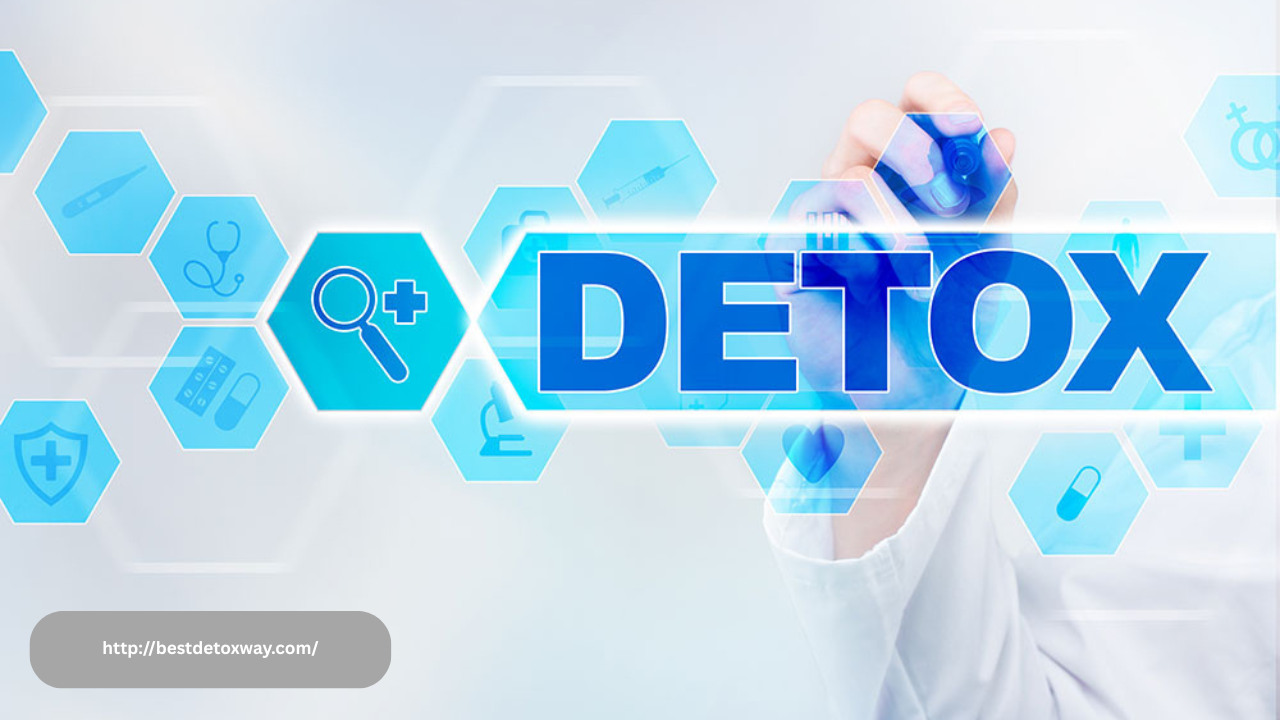When it comes to overcoming substance abuse, the first challenge many face is withdrawal. Deciding how to handle this phase can have a major impact on the recovery journey. Some individuals attempt to quit “cold turkey,” abruptly stopping drug or alcohol use without medical support. While this method may work for a few, it can be dangerous and even life-threatening for many. A safer and more effective approach is medically supervised detox, which provides support, monitoring, and care during the critical early stages of sobriety.
The Risks of Going Cold Turkey
Quitting cold turkey might seem like a quick and determined way to get clean, but it often comes with serious risks. When someone suddenly stops using a substance their body has grown dependent on, it can lead to severe withdrawal symptoms. These symptoms vary depending on the substance, duration of use, and individual health factors, but they often include nausea, shaking, anxiety, insomnia, and depression.
In cases involving alcohol, benzodiazepines, or opioids, withdrawal can be especially dangerous. Abrupt cessation can lead to seizures, hallucinations, extreme dehydration, heart issues, and in some instances, death. Without medical supervision, these symptoms can quickly escalate beyond the control of the individual or their loved ones.
The Benefits of Professional Detox
Detox under the care of medical professionals offers a much safer and more supportive experience. In a professional detox setting, individuals are closely monitored for signs of distress or medical complications. Doctors and nurses can provide medications to ease symptoms, reduce cravings, and prevent dangerous side effects.
In addition to medical care, professional detox centers offer emotional support, which can be vital during such a physically and mentally taxing time. Many centers also provide counseling and therapy during detox, helping individuals begin to address the root causes of their addiction even as their bodies heal.
Preventing Early Relapse
One of the biggest challenges during early withdrawal is the intense craving for substances. When people attempt detox alone, these cravings can quickly lead to relapse, especially without coping strategies or support. Professional detox programs create a structured environment, free from triggers and easy access to substances. This setup greatly increases the chances of making it through detox without returning to substance use.
Setting the Stage for Long-Term Recovery
Detox is only the beginning of the recovery journey. However, how that beginning unfolds can determine the path forward. Professional detox helps individuals emerge from withdrawal stabilized and more prepared to continue with comprehensive treatment, such as therapy, peer support, and recovery planning. Cold turkey attempts often leave individuals exhausted, demoralized, or back in the cycle of addiction.
Conclusion
While quitting cold turkey may sound bold, it’s rarely the safest or most effective way to begin recovery. The risks are high, and the odds of success without help are low. Medically supervised detox provides the support, safety, and structure needed for individuals to begin healing in a healthy and sustainable way. For those serious about recovery, choosing professional detox could be the most important—and life-saving—decision they make.

